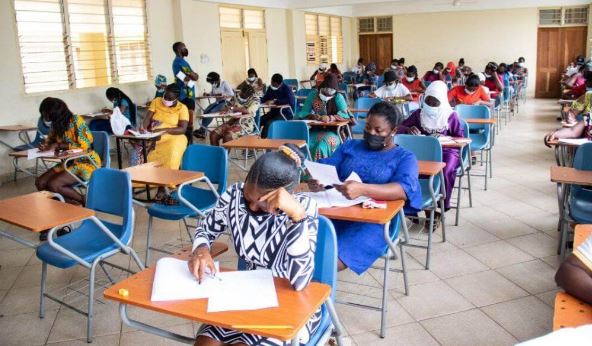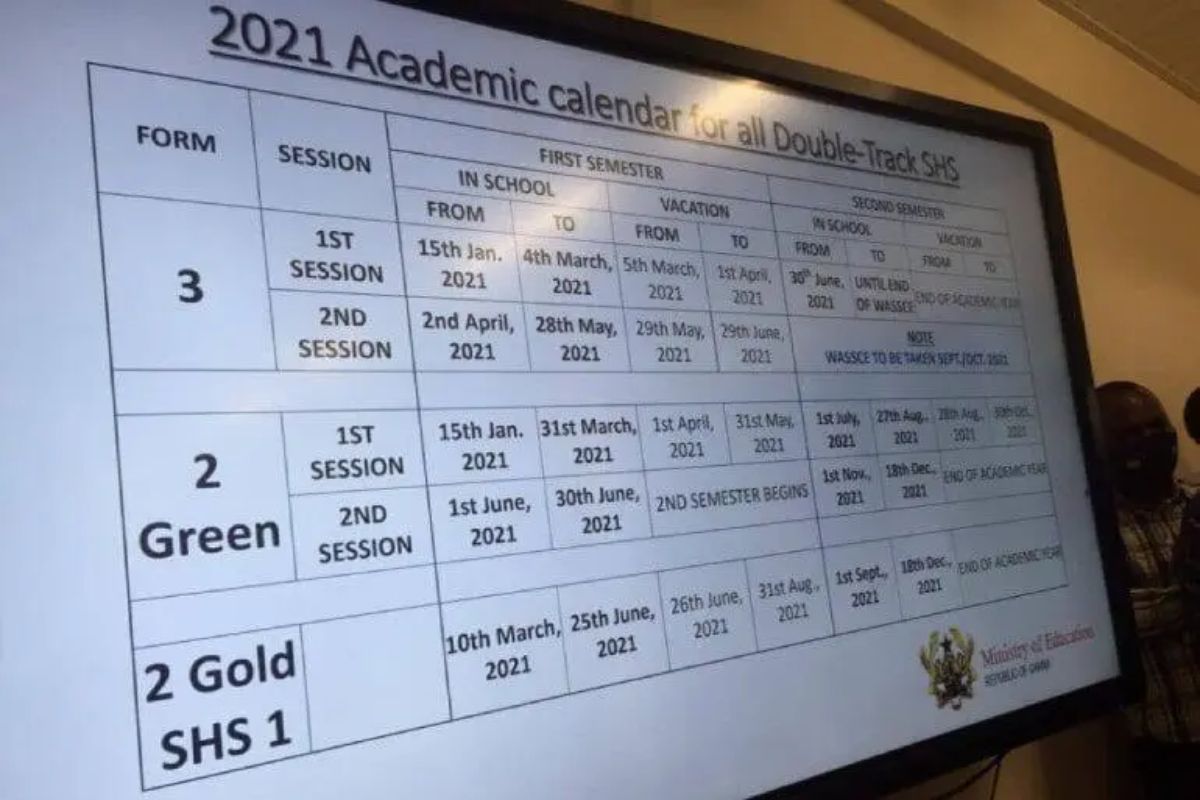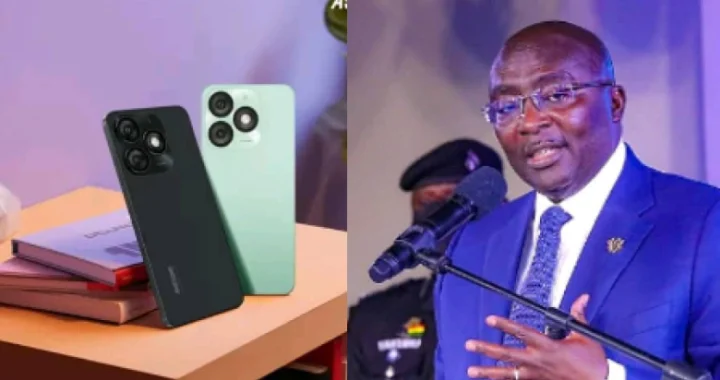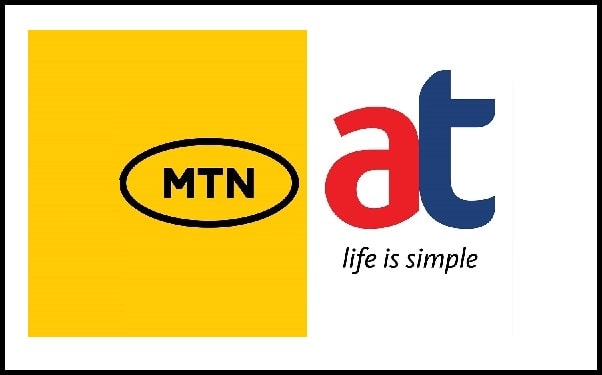Colleges of education teachers excel in licensure exam than University Graduates — Study

A study has proven that when it comes to the passing of the Ghana Teacher Licensing Examination (GTLE), Colleges of education teachers excel far more than their university graduates counterparts.
The findings revealed that trained teachers from the colleges of education performed better than those from the universities in the Ghana Teacher Licensure Examination (GTLE) so far conducted.
Colleges of education teachers excel in licensure exam than University Graduates -STUDY STATISTICS
The research was carried out by 6 researchers from the University of Education, Winneba (UEW). The research was conducted between 2021 to 2022 thus from August 2021 to February 2022.
The total respondents added up to 3,000 and they had written the GTLE in 2018, 2019,2022 and 2021.
It found out that 79 out of every 100 College of Education candidates who sat the GTLE passed whiles only 71 out of every 100 candidates who are University Graduates passed the same examination.
While presenting the findings of the research, Dr Richardson Addai-Mununkum, a Senior Lecturer in Curriculum and Pedagogy at the UEW, indicated that the findings of the research were interesting.
He said the purpose of the research was to evaluate the GTLE against its original purpose, identify emerging challenges and make recommendations for improvement.
Ghana Teacher Licensure Examination
The GTLE was introduced by the government in 2019, backed by the Education Act of 2008, Act 778, with the first-ever teacher licensure examination taking place in September 2018.
It is an examination organised to license and certify all professional teachers in Ghana as a key policy aimed at improving the professional standing and status of teachers in the country.
He explained that the average pass rate of the GTLE was about 76 per cent, noting that, for instance, if someone was doing Geography, the person did a lot more courses in the area and fewer courses in Education and so by the time they “go out, they are not as competent in terms of professional knowledge and skills as it is with those who go to the colleges”.
Concerns
Dr Addai-Mununkum indicated that while respondents did not have any issues with the EPSs and the Literacy aspects of the examination, most of them had reservations with writing the Numeracy aspect.
Their reason, he said, was that they went to the colleges or the universities to specialise, for instance, in Literature in English, and that was what they were going to teach, asking: “Why is it that you want to examine me on numeracy?”
“Also, if somebody read Ga and specialised in that area, when the person goes out, he/she is going to teach Ga, and wonder how they need numeracy to do that. That is where they had a lot of reservations,” he said.
Recommendations
“The recommendation is that the universities should begin to take a re-look at their curricula in relation to the NTS.
“When the standards came, the colleges embraced them; they reformed their curricula and they are working with the standards. The universities are yet to reform their curricula in line with the NTS. So that is where the difference is coming from,” Dr Addai-Mununkum emphasised.
The universities, the report further recommended, would have to reconsider their teacher preparation curriculum and look at whether they were aligning with the NTS and adjust accordingly for their products and graduates.
Dr Addai-Mununkum said although the processes and procedures for the conduct of the GTLE were fit for purpose, there were a few challenges associated with registration and test administration, and that the NTC could increase test-takers’ choice of centres for the writing of the GTLE and improve orientation and training of supervisors and invigilators.
Stakeholders’ perception of the GTLE, he said, was positive.
“However, given some of the misconceptions expressed, the NTC should undertake sensitisation and publicity campaigns on the GTLE. Such campaigns may include stakeholder fora and a documentary that could be aired on national television for a period,” he said.


 GES 2024-2025 Academic Calendar for Public Schools
GES 2024-2025 Academic Calendar for Public Schools  GES to recruit university graduates and diploma holders-GES Director General
GES to recruit university graduates and diploma holders-GES Director General  GES is expected to announce reopening dates for public schools today
GES is expected to announce reopening dates for public schools today  Dr. Bawumia’s Smart Phone Credit Will Take 125 Years To Repay: A Misleading Promise
Dr. Bawumia’s Smart Phone Credit Will Take 125 Years To Repay: A Misleading Promise  2024-2025 Report Card Grading, Student Attitudes, Interests and Conduct Samples for Teachers
2024-2025 Report Card Grading, Student Attitudes, Interests and Conduct Samples for Teachers  US Staffing Agencies Recruiting International Job Seekers With Work Visa Sponsorship
US Staffing Agencies Recruiting International Job Seekers With Work Visa Sponsorship  Buy 1 Gig MTN or Airtel Tigo data for only GHS6.00 not GHS17.00
Buy 1 Gig MTN or Airtel Tigo data for only GHS6.00 not GHS17.00